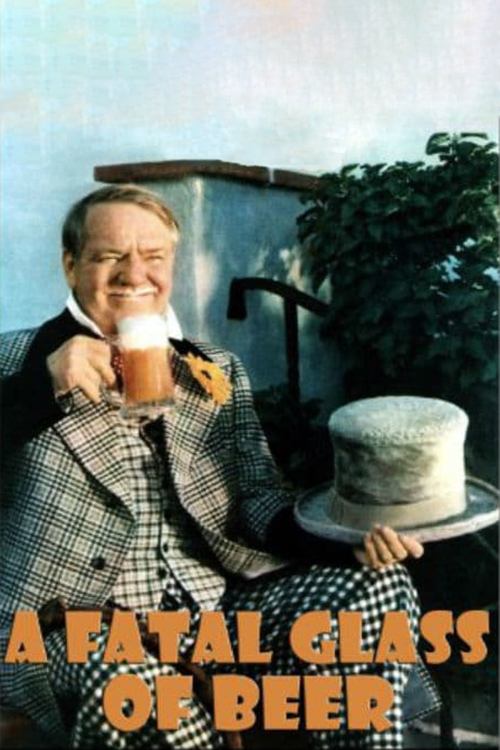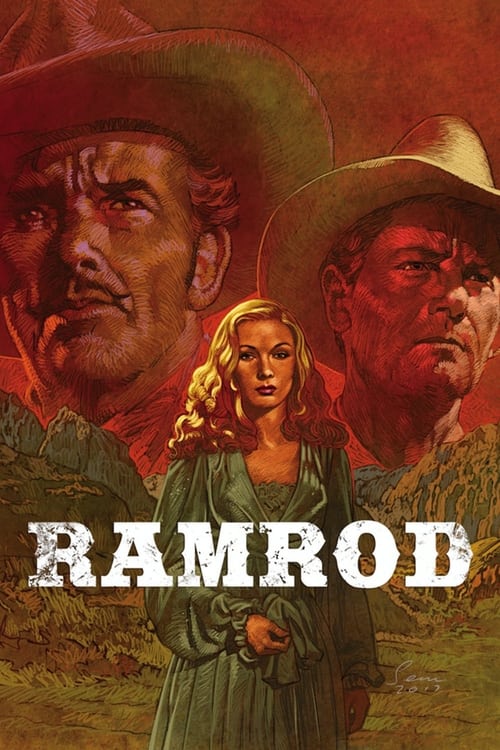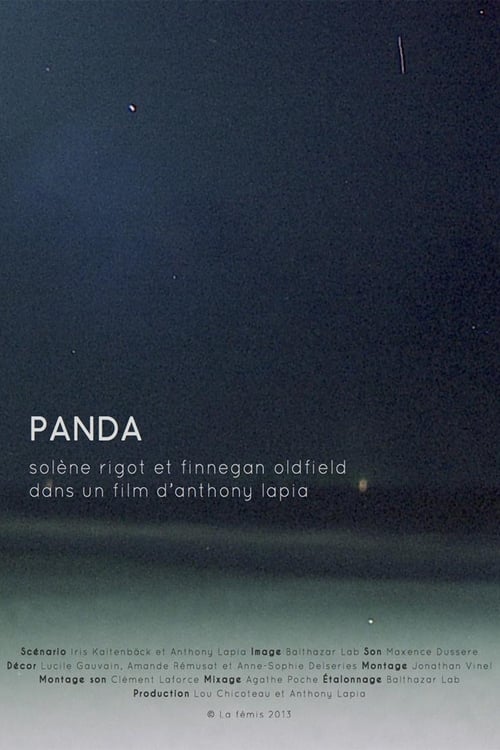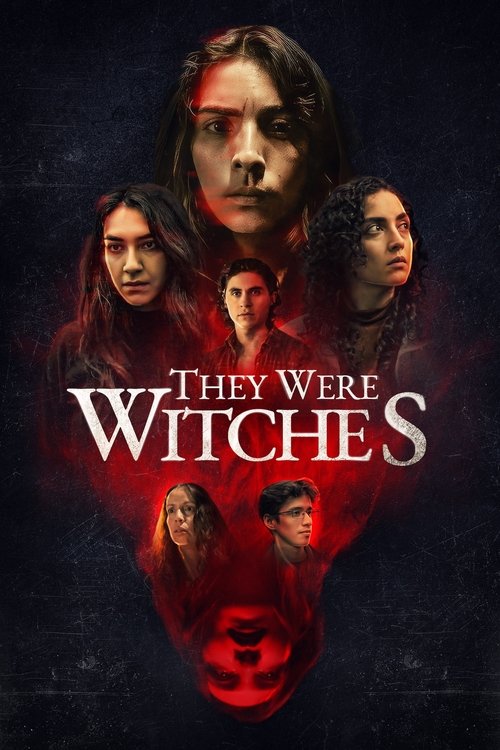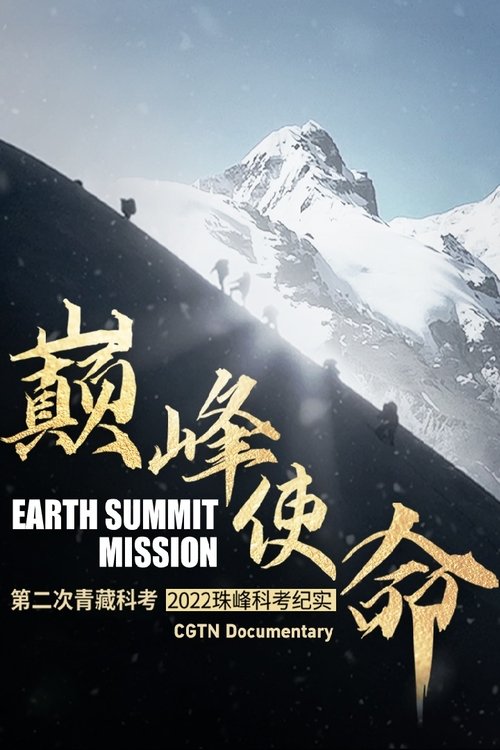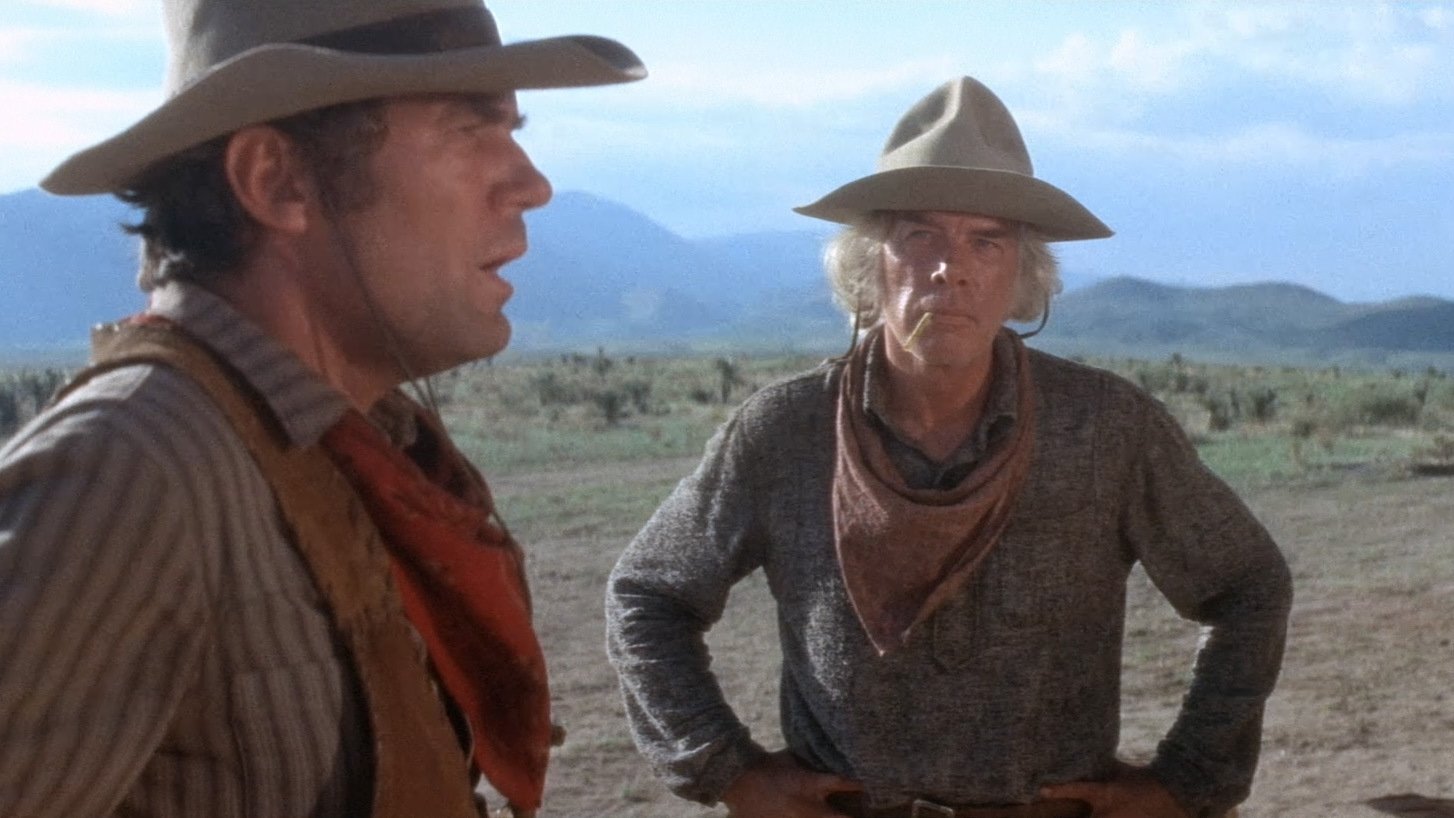
1970
Monte Walsh
Western
7.0
User Score
60 Votes
Status
Released
Language
en
Budget
$5.000.000
Production
Cinema Center Films
Overview
Monte Walsh is an aging cowboy facing the ending days of the Wild West era. As barbed wire and railways steadily eliminate the need for the cowboy, Monte and his friends are left with fewer and fewer options. New work opportunities are available to them, but the freedom of the open prarie is what they long for. Eventually, they all must say goodbye to the lives they knew, and try to make a new start.
Review

John Chard
7.0
I ain't spitting on my whole life.
Monte Walsh is the debut feature of cameraman-turned-director William A.Fraker. It stars Lee Marvin (Monte Walsh) & Jack Palance (Chet Rollins) as two ageing cowboys who find that the era of the cowpoke is coming to an end - and that work for them is now very hard to come by. Adapted by David Zelag Goodman & Lukas Heller from Jack Schaefer's novel, Monte Walsh is a gentle but astute telling of men who have outlived their time (think Will Penny/Ride The High Country). Though very sedate in pacing, and almost elegiac in tone, the film constantly remains interesting because the characters are so well written. That they are given quality portrayals by Marvin & Palance, the latter of which is nicely cast against type, is possibly of no surprise to most genre fans. But both actors push themselves to really make the film work, even exuding believability in the process. Thus when the story takes its potent laced turns we are with them all the way, for better or worse.
John Barry provides the music and the film opens with a delightful and ironic tune called "The Good Times Are Comin" sung by Mama Cass. The cinematography is by David M. Walsh, where he nicely manages to make the Tuscon part of the shoot blend with the emotional state of our protagonists. And decent support comes from Mitch Ryan too. There's also much humour in the piece, such as a cooks revenge that is laugh out loud funny. While there's action moments like a taming a bronco sequence to ensure the story is not solely interested in playing out as a sad atmospheric tale. But it's really all about Marvin and the character he plays, with Fraker guiding him to emotional depth, Marvin makes Monte Walsh an essential viewing for fans and interested newcomers alike. 7/10
Read More 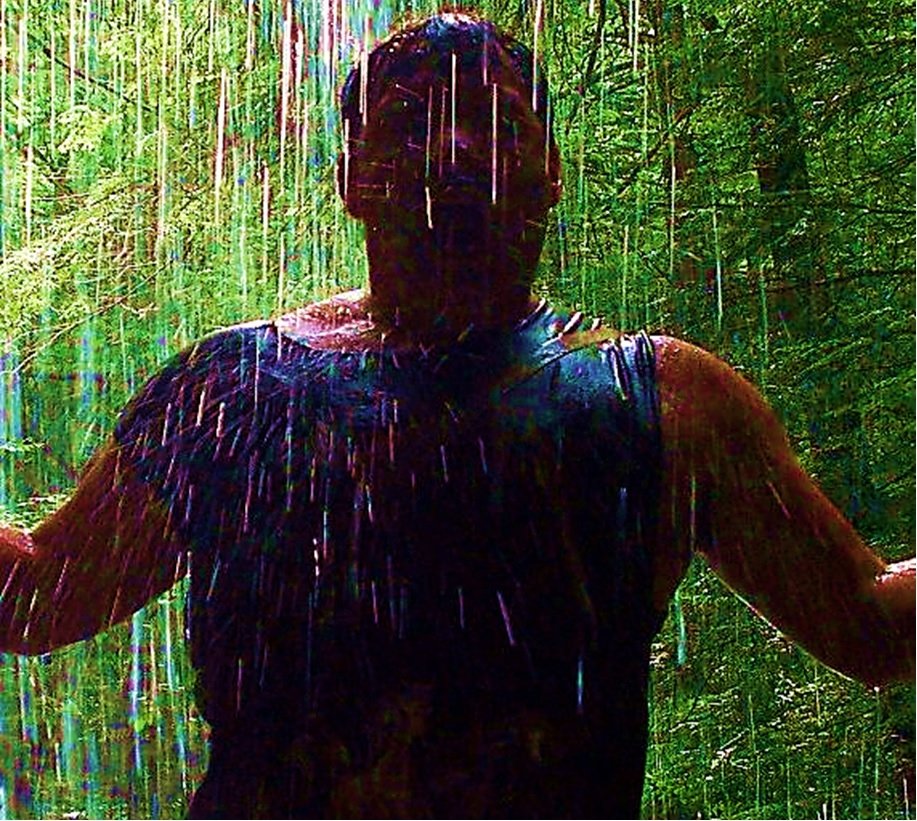
Wuchak
7.0
**_The fun and challenges of the dwindling cowboy way-of-life_**
As the open-range West dies in the 1890s with corporations taking over the ranches, two aging cowhands try to survive in the new era of fenced-in land (Lee Marvin and Jack Palance). While they set their eyes on women and possible marriage (e.g. Jeanne Moreau), out-of-work cowboys become desperate (e.g. Mitchell Ryan).
"Monte Walsh" (1970) is similar to Charlton Heston’s “Will Penny” from 2.5 years earlier, but it cost almost four times as much and yet “Penny” is arguably the better Western. They’re at least on par, although “Penny” is hampered by its subplot of cartoony villains and an ending that leaves a sour taste.
This was remade in 2003 with Tom Selleck, Keith Carradine and Isabella Rossellini in the key roles, the difference being that this version was shot in Arizona whereas the newer one was filmed in Alberta. Each locale fits the story but they offer dissimilar milieus, which makes both worth checking out.
The story starts sorta dull as it shows the everyday mundane life of the cowhands mixed with the camaraderie and humor necessary for enduring such an existence. The second half, however, takes a heavy, dark turn and is more compelling with a highlight being the knock-down drag-out bronco busting scene that damages an entire town (back in the day when there was no CGI and so sequences like this were actually staged & shot).
I also liked the palpable love displayed between Monte and his woman, as well as the subplot of desperate men doing foolish things in desperate times. The story is nigh elegiac in tone as we witness the limited opportunities for tough Westerners as their way of life is stifled by progress.
The film runs 1 hour, 46 minutes.
GRADE: B
Read More 